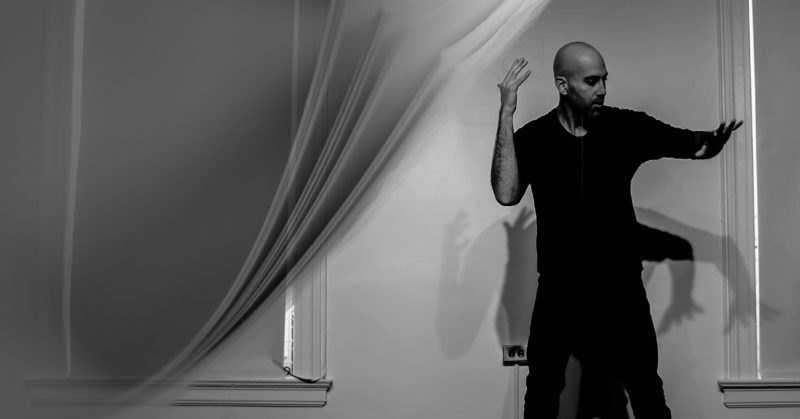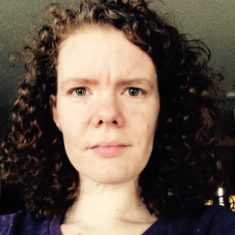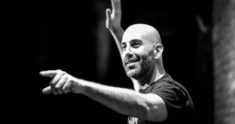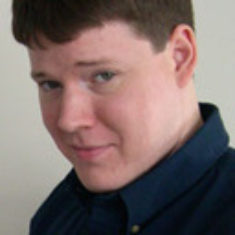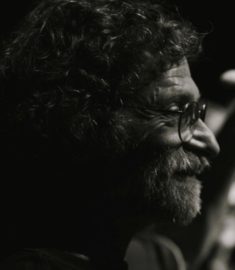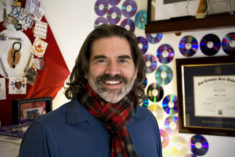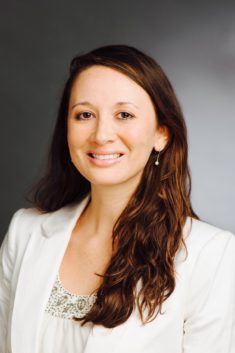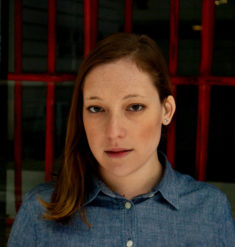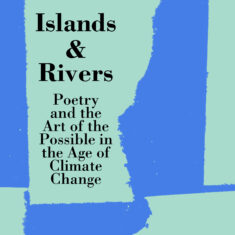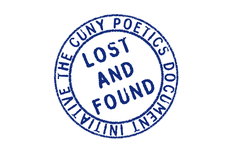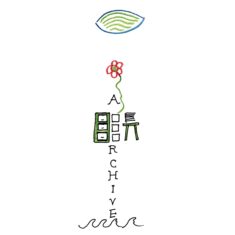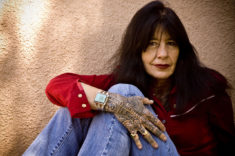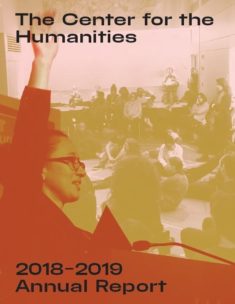About the event
The Deaf community boasts an incredible roster of poets, who use the creative capabilities of American Sign Language to develop visually captivating worlds and express the nuances of Deaf experiences. Like written poetry, ASL poetry uses forms and methods such as repetition, rhythm, and motif to play with linguistics and to convey meaning. However, the lack of a popular written form has kept ASL poetry and Visual Poetry from gaining the same recognition as written verse. Although ASL poetry proliferates in video form, even in our digital age it is still the printed publication that works as a hallmark of recognition for literary excellence.
What are the possibilities for bringing ASL poetry to wider audiences and gaining recognition from the publishing world? Translating poems composed and performed in ASL into English text is one possibility, but with the inherent complexities of translation and the additional challenges of moving from a manual, spatial and visual language to written text, many elements and meanings of the poems do not survive the process. Furthermore, a fraught history of oppression and a century of oralism (the banning of ASL in the classroom in favor of lipreading and speech) has deepened the commitment among many Deaf poets to preserve and elevate ASL and undo its ties to English. Beyond translation, what creative methods can be enacted to bring ASL onto the page?
Join poets, scholars and cultural writers for a reading and performance of signed poetry, featuring a variety of genres and styles, followed by a discussion on linguistics, translation, publishing and poetics. Poet, performer and director of ASL SLAM Douglas Ridloff, founders of The Flying Words project Peter Cook and Kenny Lerner, and poet and editor John Lee Clark will share their original works. This will be followed by an exercise in translation by author and artist Adrean Clark and a moderated discussion by author and critical essayist Sara Nović. The event will be introduced by Rachel Mazique, NTID Department of Liberal Studies, Rochester Institute of Technology.
Closed Afternoon Workshop
In this workshop, Deaf poets, scholars, editors, publishers and others interested in the possibilities of publishing ASL poetry will convene to share and discuss ideas and creative solutions for getting ASL poetry onto the printed page. Invited speakers will share their perspectives on American Sign Language, Visual Vernacular, translation, and publication, followed by brainstorming sessions and a talk back.
RELATED ARTICLES & FURTHER READING:
- "ASL Deaf Privilege" by Sara Nović on the Center for the Humanities' Blog
Sara Nović discusses various ideas raised about how ASL poetry might be published, critical questions that emerged from the day's conversation about ASL's relationship to written and spoken languages, and the particular expressivity of ASL.
- “The Noblest Gift”: The Fight to Preserve American Sign Language Poetry Takes Center Stage at CUNY Graduate Center by Alessandra Bautze in Poetry Society of America
"For too many years, the minority language of American Sign Language—and the Deaf community that cherishes it—has been relegated to the sidelines, oppressed by the dominance of English and the hearing world. Meet the scholars and artists fighting colonialist and paternalistic attitudes by embracing—and preserving—signed poetry."
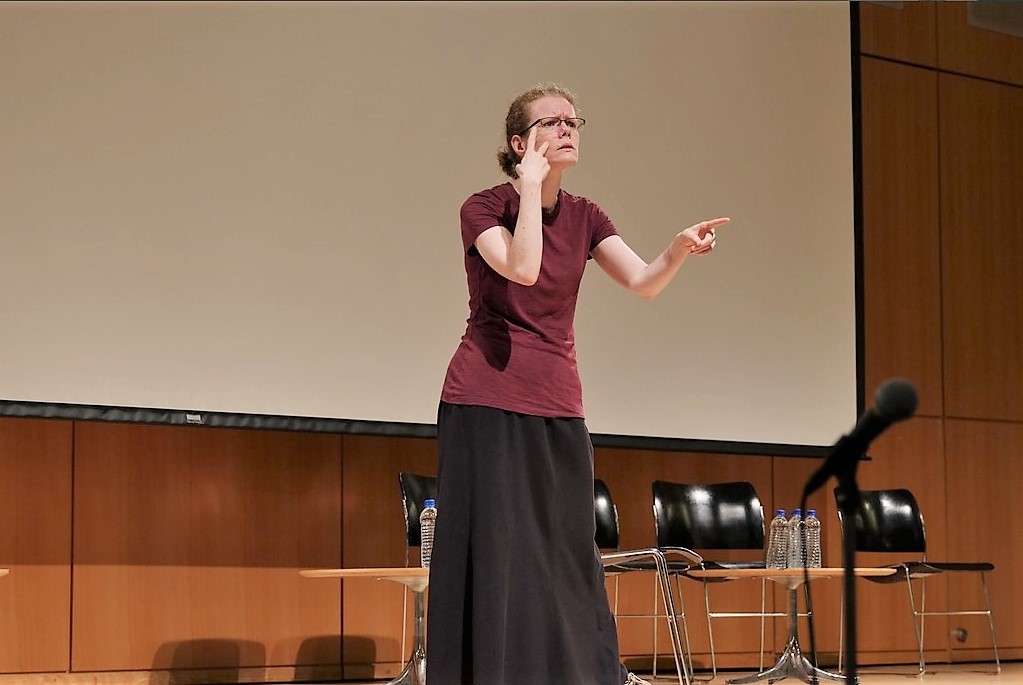
- An Explosion of Language: Publishing American Sign Language Poetry by Alisa Besher in Poets & Writers
Alisa Besher reflects on the complex questions proposed by the participants throughout the day of workshops and evening performances of ASL poetry organized around the question “How can American Sign Language poetry be published?”
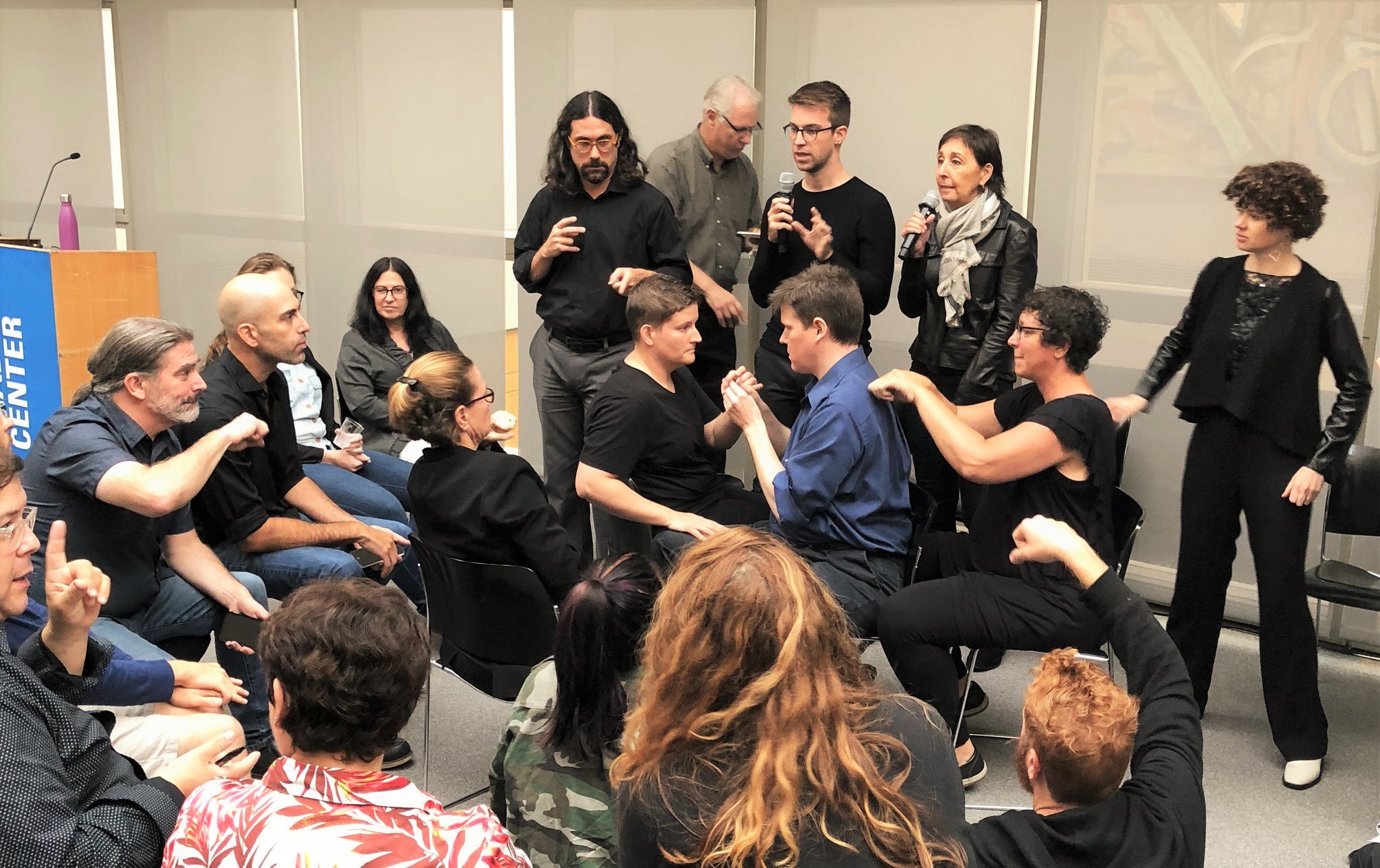
- "Reading Environments" by John Lee Clark on Poetry Foundation's blog Harriet
"In addition to my feelings of frustration, I feel pride. There is a brutal integrity in all DeafBlind writing. Some of my forebears may have pandered and peddled and purred, but they all wrestled with their reading environments, as I do today." —John Lee Clark
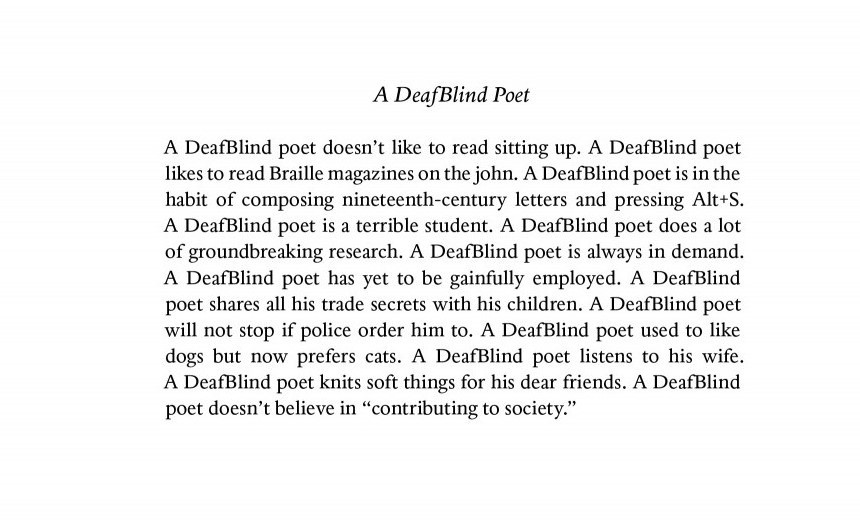
The Center for the Humanities is honored to be hosting this event on publishing American Sign Language poetry, in collaboration with ASL SLAM as part of our ongoing commitment to promoting and recognizing linguistic diversity in poetry and literature.
This event is funded in part by: The Poetry Foundation; Sign Language Resources; Poets & Writers through public funds from the New York City Department of Cultural Affairs, in partnership with the City Council; Advanced Research Collaborative (ARC) at the CUNY Graduate Center; Academy of American Poets; Poetry Society of America; Bowery Poetry; ASL SLAM; Nuyorican Poets Café, Gallaudet University Department of American Sign Language and Deaf Studies and Lost & Found: The CUNY Poetics Document Initiative.
Media Sponsor: American Sign Language (ASL)- English Interpretation Program (AEIP) at LaGuardia Community College, and Deaf Studies Digital Journal.

